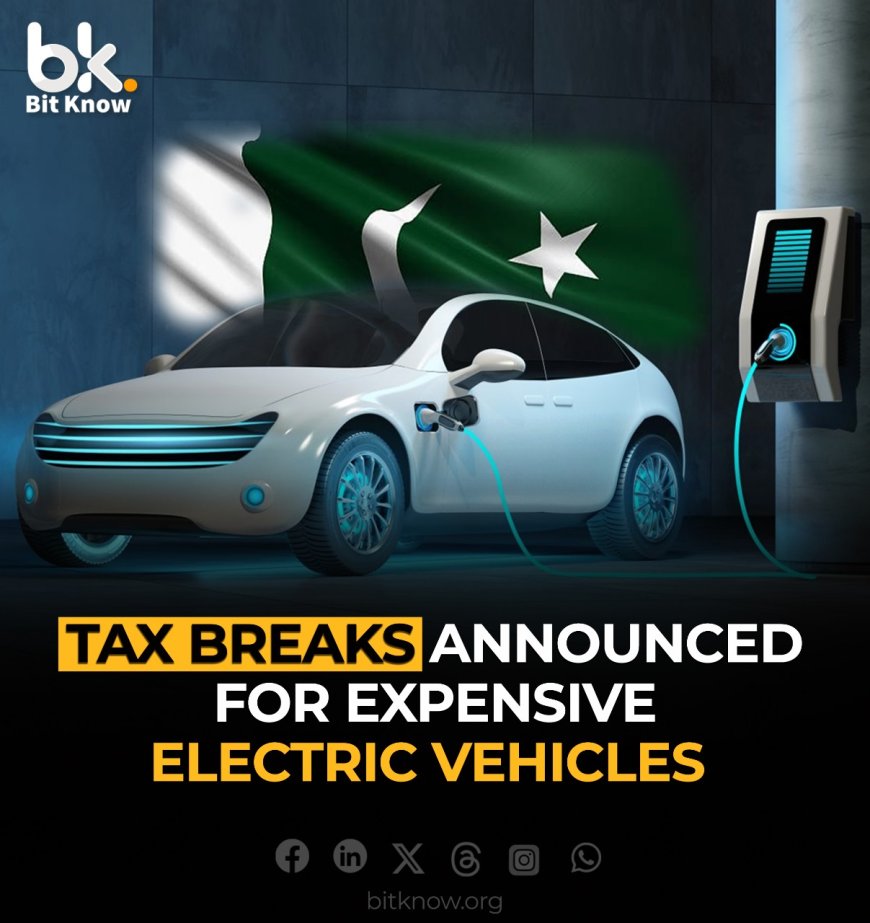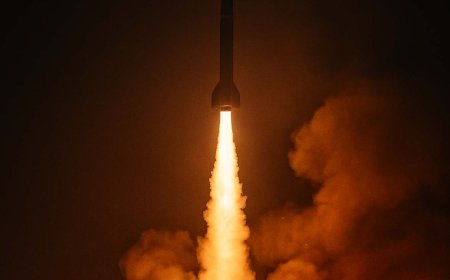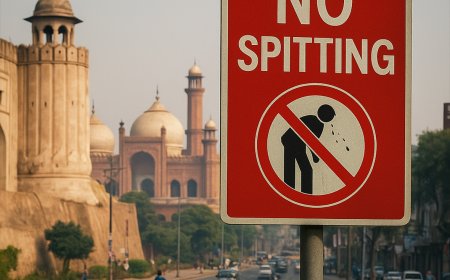Tax Breaks Announced for Expensive Electric Vehicles
Pakistan's National EV Policy targets a greener future, aiming for 90% electric car, bus, and two-wheeler sales by 2040 with incentives for local manufacturing and tax breaks for EV producers.

Pakistan's National Electric Vehicle (EV) Policy aims to transform the transportation sector with a focus on eco-friendly vehicles to cut down carbon emissions. Crafted by the Engineering Development Board, this policy emphasizes encouraging local EV production, reducing fossil fuel dependency, and shifting towards sustainable technologies.
The government has introduced tax breaks and incentives for EV manufacturers, such as lower import duties on EV parts and green financing options. However, some automakers are concerned that these benefits may only reach a limited number of consumers due to the high initial costs of EVs compared to traditional vehicles.
Key Targets:
- Cars: 30% of car sales to be electric by 2030, rising to 90% by 2040.
- Two- and Three-Wheelers: 50% to be electric by 2030, reaching 90% by 2040.
- Buses: 50% of bus sales to be electric by 2030 and 90% by 2040.
To meet these goals, the government is working on strategies to make EVs more affordable and accessible for everyone.
What's Your Reaction?










































































































